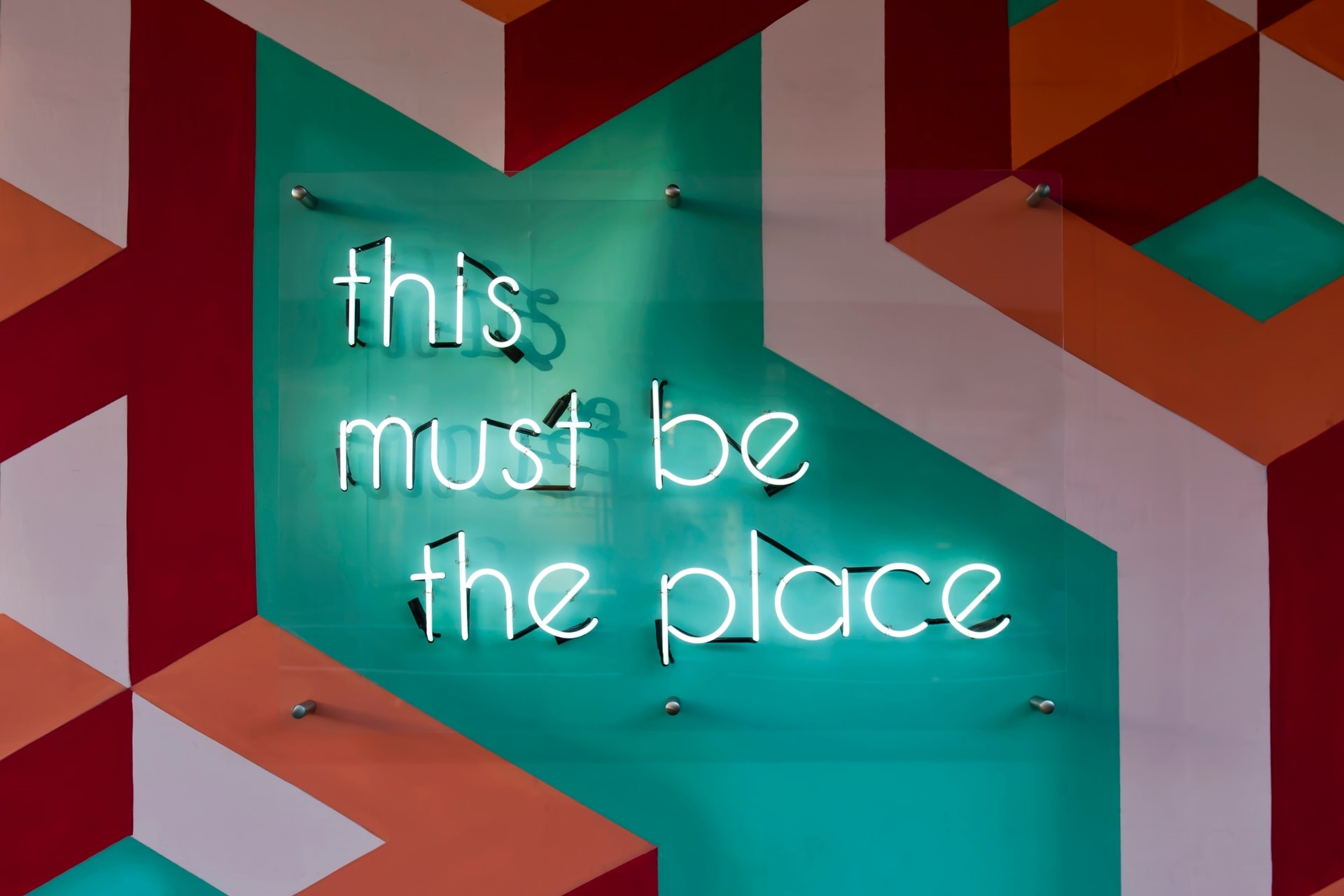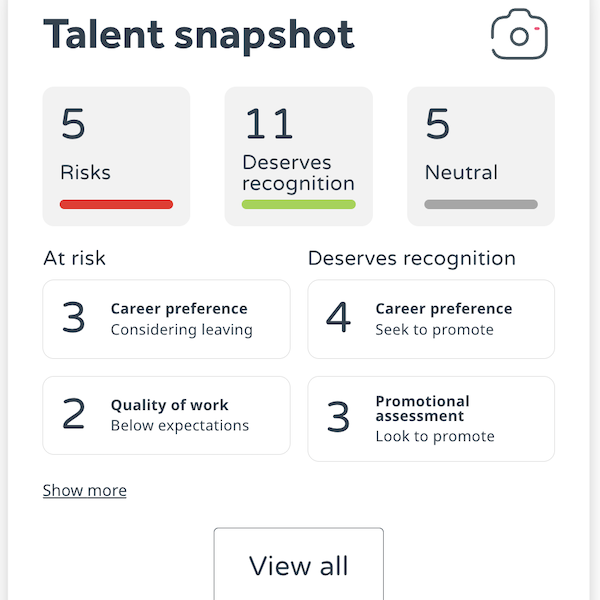The coronavirus pandemic forced organisations across the world to embrace remote working and propelled them into a new wave of flexibility in the workplace.
Businesses had to adapt very quickly and take part, whether they wanted it or not, in what become a mass experiment into the remote work model.
There’s been talk of flexible working for many years, however, in reality, it’s been slow to take off.
Even with the introduction of Flexible Working Regulations in 2014, a recent survey by M Moser Associates found that a third of the respondents said their companies did not offer flexible working policies before COVID-19.
For business leaders that reserved flexible working for the privileged few and believed that in order for people to be productive, they needed to be in the office between 9 and 5.30, this was a huge step into the unknown.
What has been the impact of remote working?
Productivity gains
A California-based company, Prodoscore, has tracked a 47% increase in worker productivity and in a survey by Eden McCallum, their researchers found that 43% of respondents said it had positively impacted productivity.
Employee experience
Perceptions of employee experience remain mostly positive. The M Moser survey found that a sense of happiness was maintained by the autonomy gained from working from home. The true test will come as we return to ‘normal’ with people establishing a permanent way of working, which for some will be a return to the office, full or part-time and for others, working from home.
Some prefer the routine, discipline and social benefits enjoyed in the workplace whilst for others they feel more more productive at home without distractions.
The only way you’ll know what your employees would prefer as we return to a new normality is to ask them by running an employee engagement survey. This can be used to asses their mental health, home working environment and how they’d like to structure their working week.
The line manager plays a vital role in maintaining a positive company culture and good internal communications with their team. It’s a good idea to assess how well line managers are performing and if they have the training they need to help shape the business culture as it evolves.
WeThive’s unique 4C model that underpins it’s employee survey platform leverages the latest psychological understanding to quickly and easily deliver actions and learning content to help your line managers become better managers.
Employee wellbeing
Whilst there’s been significant gains for employers, there are mixed reports on the impact of home working on employee wellbeing.
Some reports are showing that blurred boundaries and overworking may have contributed to a decrease in wellbeing.
Bloomberg have reported that people are working an extra 3 hours a day, as the “pandemic workday has obliterated work-life balance” with over-worked employees feeling like they have even less free time than when they wasted hours commuting.
What is flexible working in the new normal?
So, what do we now mean by flexible working? Flexibility in the workplace is about employees working a different work pattern to the ‘norm’. It can involve changes to the hours an employee works, the times they work or the place of work.
Flexible work schedule
The lockdown was especially challenging for parents that were having to juggle work with home schooling and for many the only way to make it work was to work in smaller chunks through the day and in the evenings.
A flexible work schedule allows an employee to choose their own work style. Rather than having to be at their desk during specific working hours, this enables employees to work when they accomplish most, feel freshest, and enjoy working.
Flexible place of work
Leaders need to rethink what work lives can look like for their employees and consider if staff could work from home permanently or more frequently. Everyone’s circumstances are so different and some will naturally want to return to the office, whilst others, perhaps those that previously had a long commute, will relist the opportunity to work from home.
Flexible dress code
When Goldman Sachs announced its new flexible dress code, with optional suits and ties, in October 2019, it was big news, but the move to remote working saw a major shift in how everyone dressed for work.
It’s entirely reasonable to not want to see your people in their PJ’s whilst on a video call but is it still acceptable to request no jeans in the boardroom?
What became clear in lockdown, with everyone working form home, is that no-one was sure how they should be dressed. As we move forward, the dress code needs a re-think and clear communication to be given around what is expected.
What are the longer term benefits of flexibility in the workplace?
Reduced costs and overheads
Virgin Group boss, Richard Branson, is a staunch advocate of flexible working through his own experience of wanting to work less after his first child was born. Branson says that contrary to popular belief part-time employees and remote workers still have high productivity and engagement levels, and by reducing office space companies can save on overhead costs and reduce their carbon footprint.
Employee engagement and well-being
Engagement and well-being increase when people can fit work and home life together and manage life’s transitions with the least amount of stress.
ACAS report that employees who are allowed to work flexibly tend to demonstrate greater commitment and a willingness to give back to the business. Also, ACAS highlight that occupational stress is reduced through less work-life conflict.
Staff retention and attracting new talent
According to research by HSBC, nearly one on five workers (18%) leave their jobs as a direct result of poor work/life balance. Flexibility in the workplace is now more important to employees than ever before and has powerful sway when it comes to staff retention and attracting new talent.
In addition, flexible working allows talented mums, dads, carers and students the opportunity to bring much-needed skills to businesses. Many parents, carers and students take part-time jobs that under-utilise the skills they have to offer. Businesses embracing flexibility are reaping the rewards of this huge pool of untapped talent.
A culture of trust
Forward-thinking businesses are embracing the idea of a flexible work policy as part of their drive to create a positive culture based on trust. They get that happy motivated employees equate to increased productivity, satisfied customers and a healthy bottom line. Trust is at the heart of great culture.
For rigid managers who love to micro-manage, flexibility is a hard concept to grasp. But the revolution in flexible working is on its way as more and more businesses begin to see the benefits. Flexible working is one of the key answers to the productivity puzzle that plagues British business. Employees are demanding it. For business it is essential for success.
For more information on handling requests to work flexibly, see The right to request flexible working guide by ACAS (The Advisory, Conciliation and Arbitration Service)


